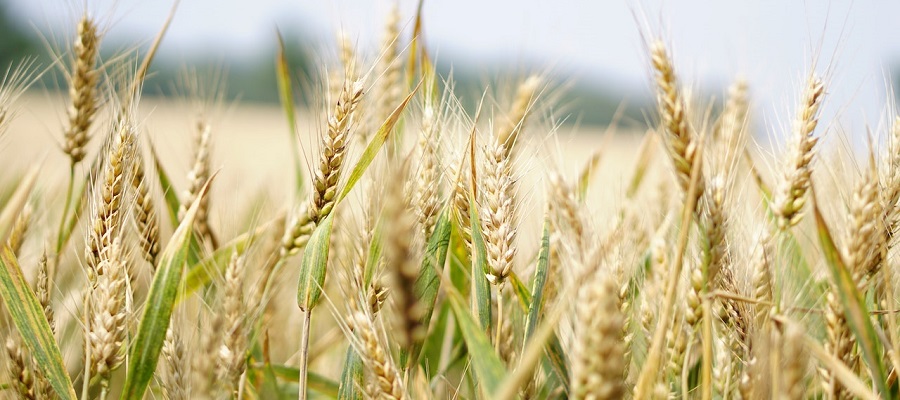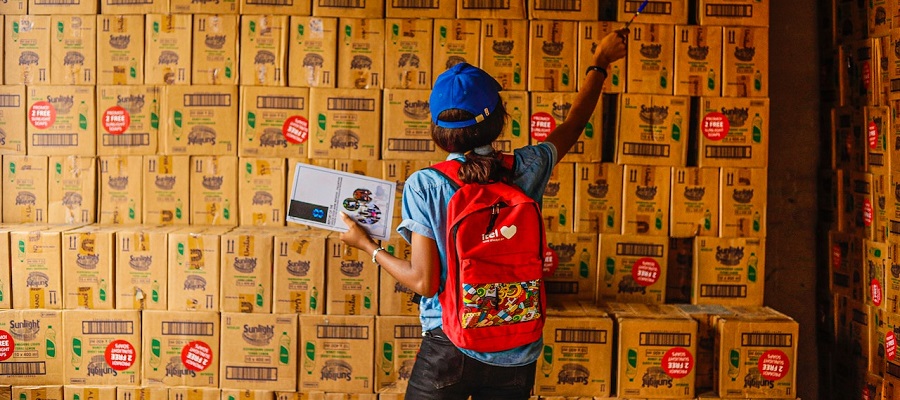Grocery wholesalers play a vital role in the distribution of food to businesses, organizations, and individuals. As such, they have the opportunity to support local agriculture and the local food system in various ways. In this article, we'll explore the benefits of supporting local agriculture at a grocery wholesale store, as well as the various methods that these businesses can use to do so.
Methods for Supporting Local Agriculture
There are a few different methods that grocery wholesalers can use to support local agriculture. These methods can include:
-
Partnering with local farmers and food producers: Grocery wholesalers can support local agriculture by partnering with local farmers and food producers. This can involve purchasing produce directly from these producers, or working with them to develop a line of locally-grown products.
-
Promoting locally-grown produce: Grocery wholesalers can also support local agriculture by promoting locally-grown produce to their customers. This may involve labeling produce as local or highlighting it in promotional materials.
-
Participating in farmers markets: Grocery wholesalers can also support local agriculture by participating in local farmers markets. This can provide an opportunity for the business to connect with local farmers and food producers, as well as showcase their products to the community.
-
Implementing a local purchasing policy: Implementing a local purchasing policy is one way that businesses, organizations, and individuals can support local agriculture and strengthen the local food system. A local purchasing policy is a set of guidelines that specifies the criteria that must be met for a product to be considered "local" and eligible for purchase.
The Benefits of Supporting Local Agriculture
"The Benefits of Supporting Local Agriculture"
Supporting local agriculture can have numerous benefits for businesses, organizations, and individuals. In this article, we'll explore the key benefits of supporting local agriculture and how it can help to strengthen the local food system, boost the local economy, and reduce the environmental impact of food production.
"Strengthening the Local Food System"
One of the key benefits of supporting local agriculture is that it can help to strengthen the local food system. When businesses, organizations, and individuals purchase locally grown and produced products, they are supporting small and medium-sized farms, as well as local food processors and manufacturers. This can help to create a more resilient food system that is less reliant on imported products and more responsive to the needs of the community.
A strong local food system can also improve food security, which is the ability of a community to access a sufficient and varied supply of safe and nutritious food. By supporting local agriculture, businesses, organizations, and individuals can help to ensure that there is a reliable supply of fresh and healthy food in their community.
"Boosting the Local Economy"
Supporting local agriculture can also have economic benefits for the community. When businesses, organizations, and individuals purchase locally grown and produced products, they are supporting local farmers and food producers, which can help to create jobs and stimulate economic activity in the community.
In addition, supporting local agriculture can help to keep money within the local economy. When products are purchased locally, the money is more likely to stay within the community, supporting local businesses and contributing to the local tax base.
"Reducing the Environmental Impact of Food Production"
Local agriculture can also have a lower environmental impact compared to large-scale industrial agriculture. Local farms and food producers are often able to use more sustainable and eco-friendly practices, such as using fewer pesticides and fertilizers, conserving water, and protecting natural habitats.
By purchasing locally grown and produced products, businesses, organizations, and individuals can help to reduce the carbon footprint of their food products, as well as the use of pesticides and other chemicals. This can help to protect the environment and reduce the negative impact of food production on the planet.
"Conclusion"
In conclusion, supporting local agriculture can have numerous benefits for businesses, organizations, and individuals. By purchasing locally grown and produced products, businesses, organizations, and individuals can help to strengthen the local food system, boost the local economy, and reduce the environmental impact of food production. Whether you are a business owner, a consumer, or an individual, there are many ways that you can contribute to supporting local agriculture and make a positive impact on your community and the environment.


